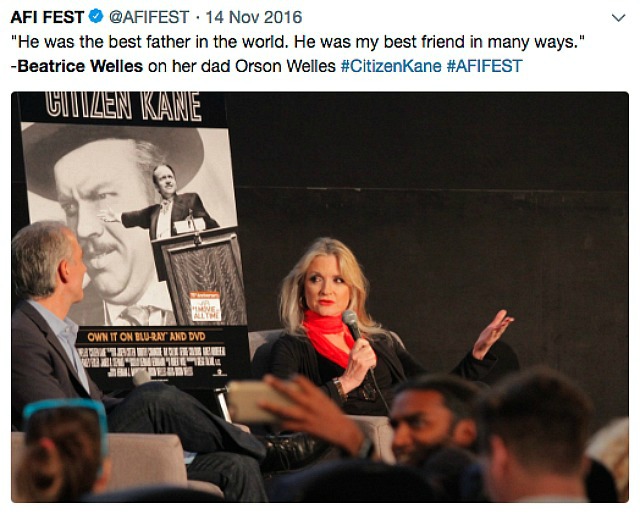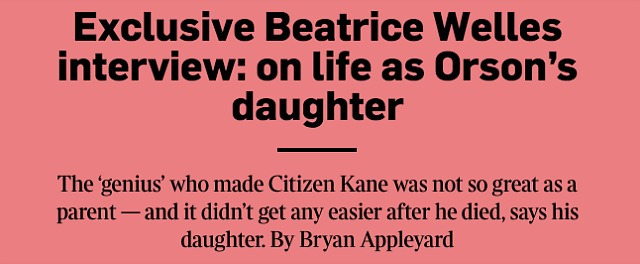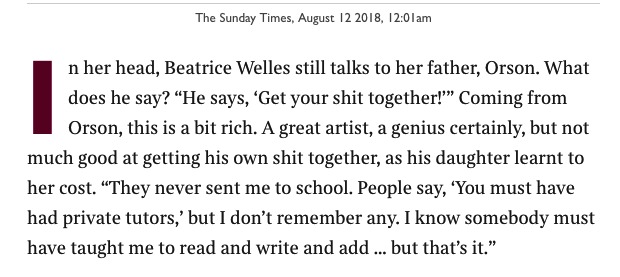If there’s one thing film twitter wants you to abandon, it’s your comfort zone. Be brave, step over the fence and experience the exotic, uncertain, challenging realms that exist outside of your little piddly backyard. Of course! Hollywood Elsewhere agrees that people who refuse to step outside of their c.z. are missing so much and absorbing so little in the way of life-giving nutrients or eye-opening realizations. I’ve been in rooms with people who don’t want to see what they don’t want to see, and it’s not pretty. The wrong kind of vibe.
On the other hand I’ve always defined “comfort zone” in a different way.
To me a comfort movie is one that presents three basic things. One, semi-recognizable human behavior (i.e., bearing at least some resemblance to that which you’ve observed in your own life, including your own something-to-be-desired, occasionally less-than-noble reactions to this or that challenge). Two, some kind of half-believable story in which various behaviors are subjected to various forms of emotional or psychological stress and strain. (This should naturally include presentations of inner human psychology, of course, as most people tend to hide what they’re really thinking or scheming to attain.) And three, action that adheres to the universal laws of physics — i.e., rules that each and every life form has been forced to submit to since the beginning of time.
The physics thing basically means that I can enjoy or at least roll with superhero fantasy popcorn fare, but on the other hand these films have a way of delivering a form of profound irritation and even depression if you watch enough of them.
There are, in short, many ways of telling stories that (a) contain recognizable human behavior, (b) engaging stories and (c) adhere to basic laws of gravity, inertia and molecular density. I’m talking about tens of thousands of square miles of human territory, and movies that include Her, Solaris, Boyhood, Betrayal, Children of Men, Leviathan, Thelma and Louise, Superbad, Cold War, Across 110th Street, Shoot the Piano Player, Them!, A Separation, The Silence, Se7en, Holy Motors, Silver Linings Playbook, The Death of Mr. Lazarescu, Hold That Ghost, The Miracle Worker, The Wolf Man, Ikiru, Crossfire, Long Day’s Journey Into Night, Duck Soup, Moonlighting, What’s Up, Tiger Lily?, the better screwball comedies of the ’30s, The Blob, First Reformed, Ichi the Killer, The Equalizer 2, Adaptation, Four Months, Three Weeks and Two Days, Punch Drunk Love, Out Of the Past, Danton, Some Like It Hot, The Big Sky and God knows how many hundreds or thousands of others.
But if a movie presents human behavior that I regard as completely unrecognizable or nonsensical, that insists on ignoring the way things are out there (or “in” there), I tune out. And if you don’t like that, tough.
Read more





